Hey Ukraine, That Crackdown Is Gonna Cost You
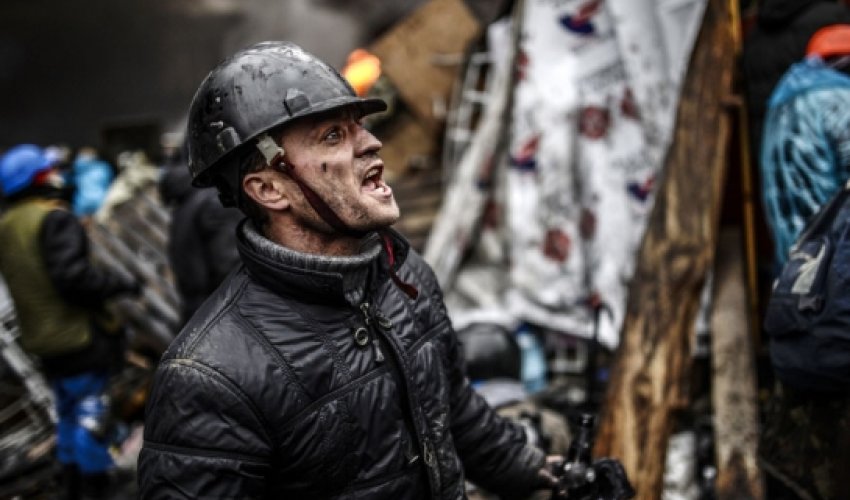
United States and European Union officials made clear Wednesday that they would be prepared to move ahead with targeted sanctions against the government of embattled Ukrainian President Viktor Yanukovych if his security forces continued using live ammunition against the protesters clogging the streets of most of the country's major cities. Yanukovych called for a "truce" Wednesday and promised to negotiate with opposition leaders, but it's not clear if, or when, the talks will lead to a deal.With events on the ground in Ukraine changing almost by the hour, the Obama administration and its allies began imposing a limited set of punitive measures and laying the groundwork for a more extensive campaign. On Wednesday, the State Department barred 20 Ukrainians from getting American visas. A senior State Department official wouldn't name the people, but said it included "the full chain of command" of Ukrainian government and security personnel involved in the crackdown that left 26 people dead and hundreds injured earlier this week. The official stressed that the United States and the EU were prepared to take further measures if the situation in Ukraine doesn't improve.In one highly-visible sign of the new consensus, German Chancellor Angela Merkel, who dismissed the idea of sanctions just weeks ago, reversed course Wednesday and said that EU foreign ministers would discuss imposing sanctions at a meeting Thursday. Merkel said sanctions would show that the EU was serious about pressing for a political solution in Ukraine, at a joint press conference with French President Francois Hollande, who also threw his support behind sanctions.The cooperation on sanctions marks a sharp change for U.S. and EU leaders, who have been bitterly divided about how to respond to the Ukrainian political crisis. U.S. leaders have been preparing sanctions for weeks, but EU officials opposed sanctioning Kiev and had instead preferred to provide Ukraine with financial assistance designed to boost its moribund economy. European leaders, in an about face from their earlier opposition, have now joined the U.S. chorus calling for sanctions against Ukrainian officials.The acrimony of the U.S.-European divide was revealed in discussions among senior diplomats about the two sides, which leaked two weeks ago. In a now infamous conversation posted to YouTube, Assistant Secretary of State Victoria Nuland told the American ambassador to Ukraine that Europe was taking too soft a line with Yanukovych. "Fuck the EU," she said.In a separate conversation, which was also leaked, Helga Schmid, a senior German diplomat, told the EU ambassador to Ukraine that it was "very annoying that the Americans are going around criticizing the EU and saying we are too soft."The violence in Kiev seems to have papered over those rifts, but it's not yet clear what shape a sanctions regime would take or whether the measures would be effective. Some U.S. policymakers have been pushing for targeted financial sanctions against government officials and wealthy businessmen close to the regime since violence first broke out. Those kinds of measures are widely believed to have brought Iran to the negotiating table to discuss rolling back the country's nuclear program.Future sanctions against Ukraine would almost certainly be far more limited than what has been in place against Iran, out of concern that the sanctions could hurt ordinary Ukrainians and push public opinion toward embracing an alliance with Russia. Sanctions would likely focus solely on Ukrainian officials and their supporters. They would also be less effective because Russia would likely not join in on measures targeting one of its closest allies. The current crisis began late last year when Ukrainians took to the streets after Yanukovych rejected an EU trade deal in favor of a bailout from Russia.Sam Cutler, a policy advisor for sanctions law firm Ferrari & Associates, says sanctions alone are unlikely to force the government to ease its crackdown or negotiate with protesters. "It's a way for politicians in the EU and the U.S. to say, ‘Look how much we're doing,' and to take a moral stand, but it has to be a complement to a broader policy," Cutler said.What that policy would be remains to be seen. In a briefing aboard Air Force One on Wednesday, Deputy National Security Advisor Ben Rhodes said the United States was consulting with the EU on which individuals should be targeted by sanctions, but made clear that the Western response could change if Ukrainian leaders relented."If the government takes the appropriate steps of pulling back riot police, of respecting the right of peaceful protest, releasing prisoners and pursuing serious dialogue with the opposition about how to pursue a more unified government and way forward, that would obviously factor into our calculus as well," said Rhodes.Secretary of State John Kerry, speaking to reporters in Paris, said the growing sanctions push meant that Yanukovych now had to choose between talking to protesters and using violence against them. If he didn't, Kerry said, there would be clear repercussions."We are talking about the possibility of sanctions or other steps with our friends in Europe and elsewhere in order to try to create the environment for compromise," Kerry said.(foreignpolicy.com)ANN.Az
























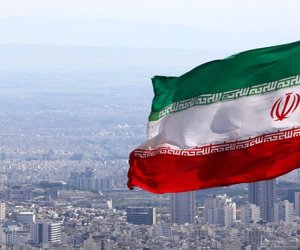
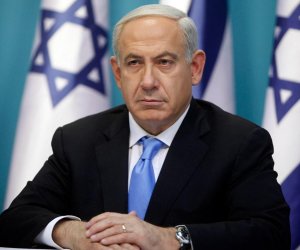
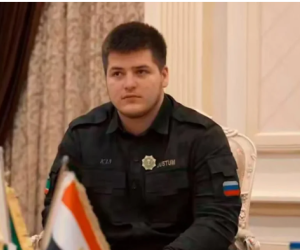

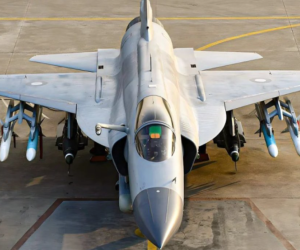
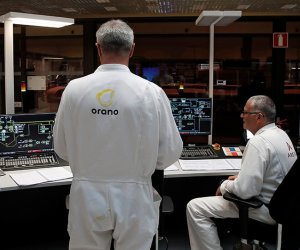
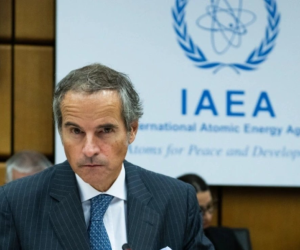

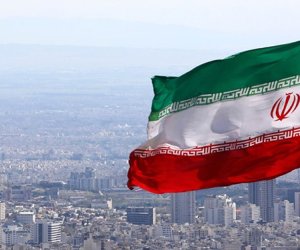



 Photo
Photo 



 Video
Video 

